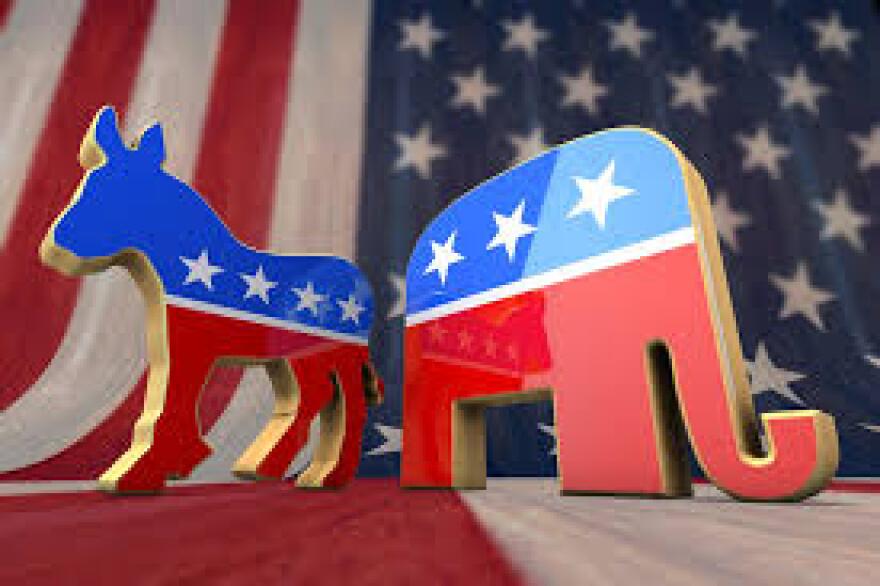Political polarization is at its highest level in decades, with no real chance of slowing down. That’s according to a new study from Michigan State University. Published Monday in the Social Networks Journal, the study found that political polarization, or the division between Republicans and Democrats, is not only growing but so is the resentment that the two parties have for each other.
Dr. Zachary Neal is an associate professor of psychology and global urban studies at Michigan State University and is the study’s author.
“The two parties are not separated simply by ignoring each other, but they are separated by actually trying to undermine and thwart and avoid working with each other," Neal said. "And we can think about that a bit different because it sets our political system up not us and them, but us versus them.”
Zeal says with a razor thin margin that typically determines which political party holds the majority in Washington, power often shifts, leaving legislators in a continuous stalemate.
“And so this level of polarization doesn’t so much mean that legislation doesn’t get passed, what it means is that it never really gets implemented, because it passes in one year, and then maybe gets repealed the next,” he said.
The study says one solution to the problem could be to elect lawmakers who are more centrist minded when it comes to policy. The catch however, is that voters are becoming increasingly polarized as well, and unlikely to vote for a middle-of-the-road candidate.






